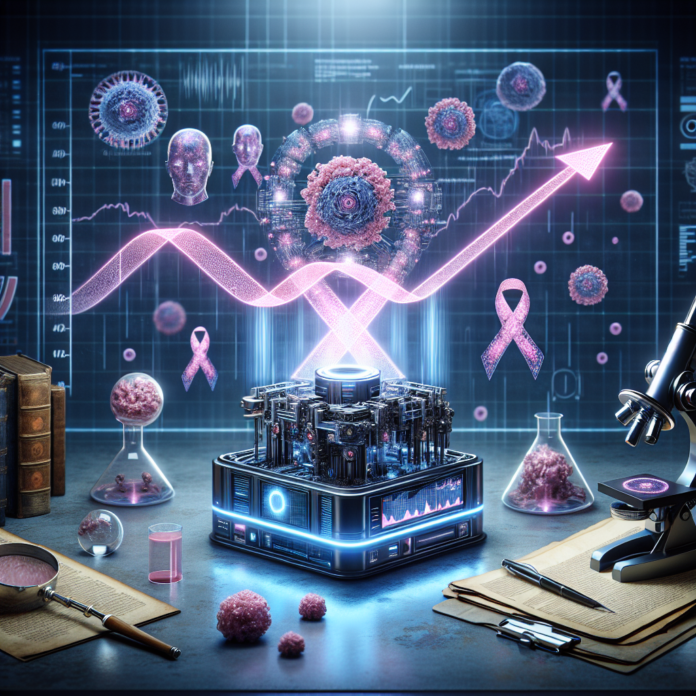New Groundbreaking AI Deep Learning Model is Nearly Five Times Better at Predicting Breast Cancer Risk Than Traditional Ones
Notebookcheck.net
New Groundbreaking AI Deep Learning Model is Nearly Five Times Better at Predicting Breast Cancer Risk than Traditional Ones
Notebookcheck.net
A revolutionary advancement in the medical field has emerged with the introduction of a new AI deep learning model, which has shown to be almost five times more effective at predicting breast cancer risk compared to conventional methods. This groundbreaking technology represents a significant leap forward in early detection and treatment planning for breast cancer, potentially saving countless lives.
Enhanced Predictive Accuracy
The new AI model leverages advanced algorithms and vast datasets to analyze mammograms with unprecedented precision. Traditional methods often rely on human interpretation, which can be subject to variability and error. In contrast, the AI model examines intricate patterns and subtle changes in breast tissue, providing a more accurate assessment of cancer risk.
Development and Training
The development of this AI deep learning model involved training it on millions of mammogram images. Researchers utilized a diverse and comprehensive dataset to ensure the model could accurately predict risk across different demographics and breast tissue types. The rigorous training process has resulted in an AI system that not only matches but significantly surpasses the predictive capabilities of existing methods.
Clinical Implications
The introduction of this AI model into clinical practice holds considerable promise. It can assist radiologists in identifying high-risk patients who may require more frequent monitoring or early intervention. This proactive approach can lead to earlier detection of breast cancer, improving treatment outcomes and survival rates.
Broader Impact on Healthcare
Beyond breast cancer, the success of this AI deep learning model underscores the potential of artificial intelligence in healthcare. Similar models could be developed for other types of cancer or diseases, revolutionizing early detection and personalized treatment plans across the medical field. Moreover, the integration of AI in diagnostic processes can alleviate the workload on healthcare professionals, allowing for more efficient and focused patient care.
Challenges and Future Directions
While the new AI model marks a significant advancement, there are challenges to its widespread implementation. Ensuring the model’s accuracy across diverse populations, addressing ethical considerations related to AI in healthcare, and integrating this technology into existing medical systems are critical steps that need careful planning and execution. Future research will also focus on continuously improving the model’s accuracy and expanding its applications to other areas of medicine.
Conclusion
The new AI deep learning model’s ability to predict breast cancer risk with remarkable accuracy is a testament to the transformative power of artificial intelligence in healthcare. As this technology progresses and becomes more integrated into clinical practice, it holds the potential to significantly improve early detection, treatment planning, and ultimately, patient outcomes in breast cancer and beyond.

